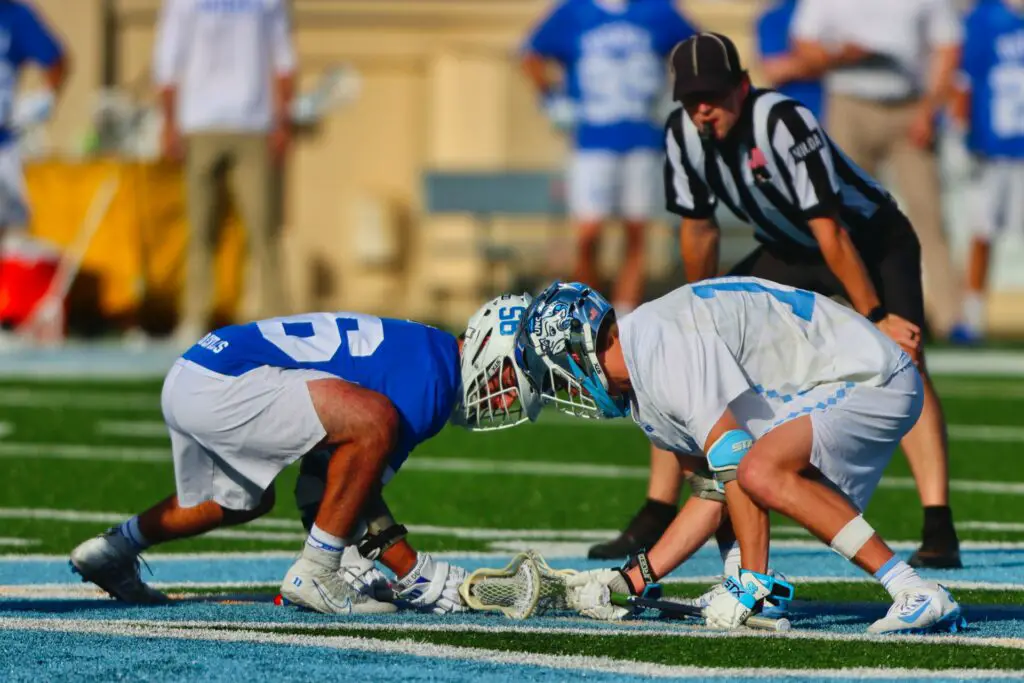An internal investigation conducted by the University of the South (also known as Sewanee) could not identify the culprits behind a racist incident that took place during a lacrosse match against Emmanuel College in March.
Provost Nancy Berner sent an email to the Sewanee community admitting that the school was not able to identify the individuals responsible for shouting racial slurs during the game because of a “lack of first-hand corroborating reports,” according to The Sewanee Purple.
The probe was launched a day after the incident and relied on first-hand accounts for information. Sewanee appointed three investigators in the probe and had an independent law firm review their work. However, Berner’s email said that no one could provide a witness report.
Disappointed, Not Surprised
President of the Student Government Association Lakeisha Philipps expressed her dissatisfaction with the publication regarding the actions taken to resolve the controversy.
“I expected, not names to be released to the students, but actions taken against the students that were at the event and took part in it. I also didn’t expect them to remain on-campus,” she told The Sewanee Purple.
President of the Hispanic Organization for Latino Awareness Alexis Carrillo shared the same sentiments.
“I know it’s not in their power to say their students’ names, but at least to say their consequences if they were able to find these students. For the minority community to have a better feeling knowing that the people responsible had consequences,” Carrillo said.
Phillips pointed out that students attending the game were also at fault for not reporting the culprits. No matter the result, this will only push campus organizations to continue fighting for diversity, inclusivity, and equity, she said.
“I’m hoping that this incident is more of a driving factor for students to want to be better allies and be more involved, more vocal, and speak out. And that it doesn’t happen again, I think that’s a common consensus,” Philipps concluded.


